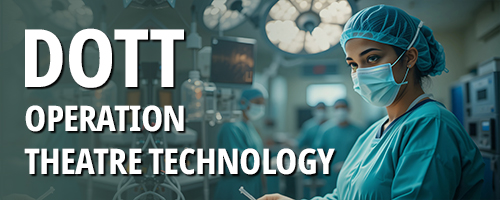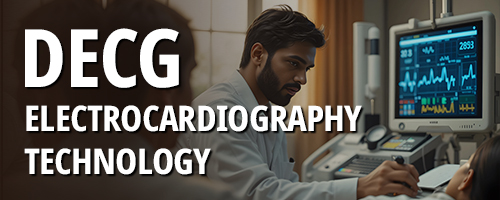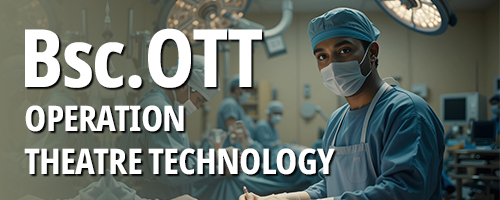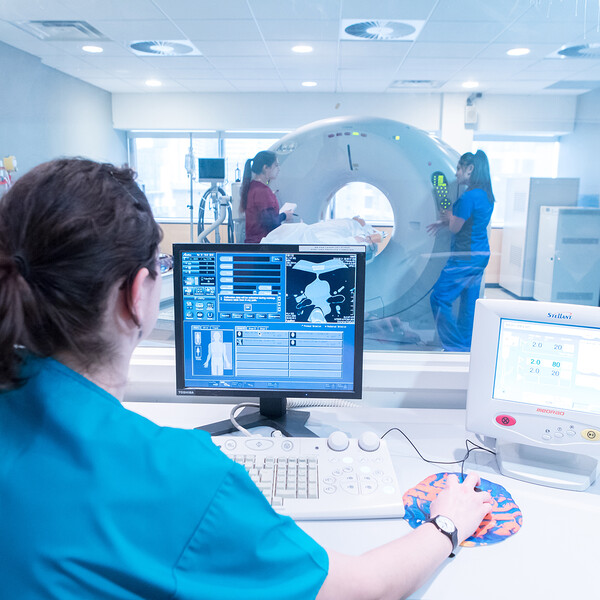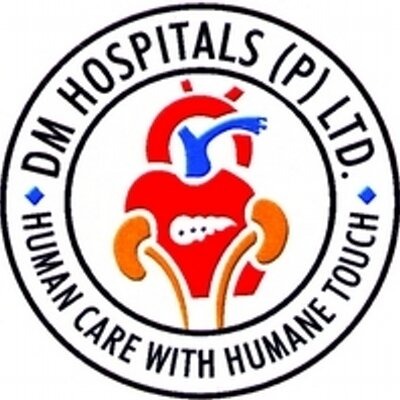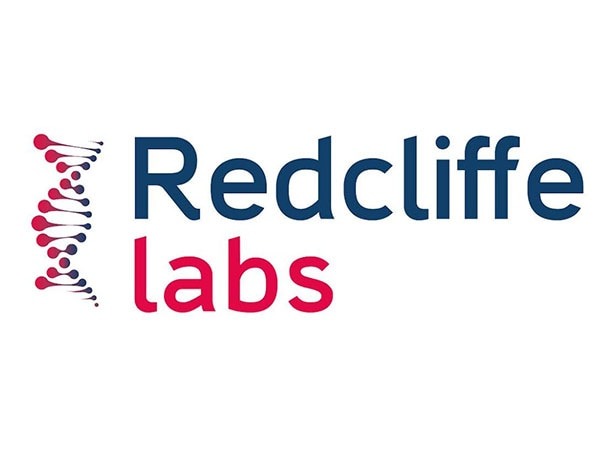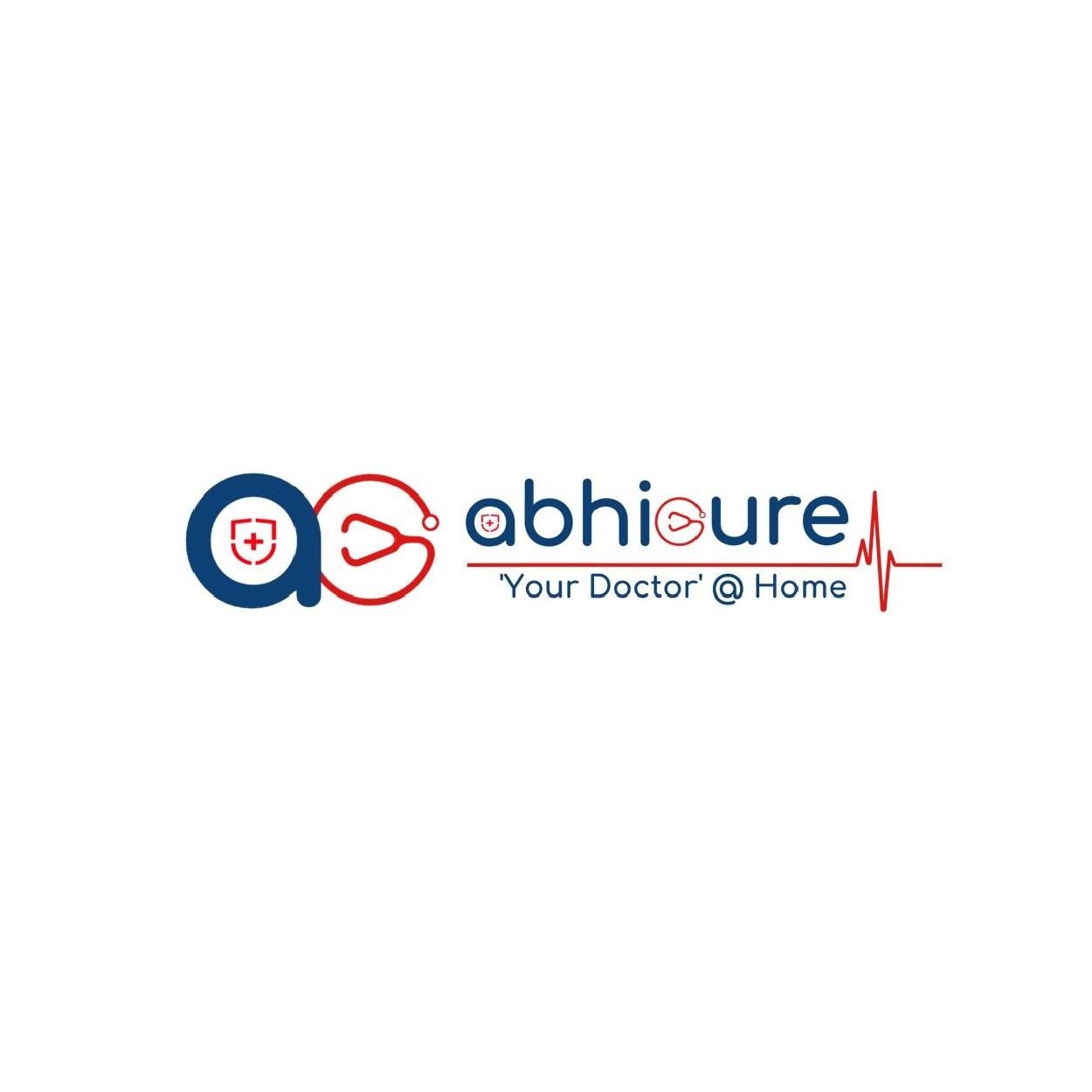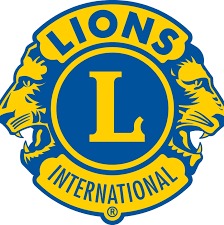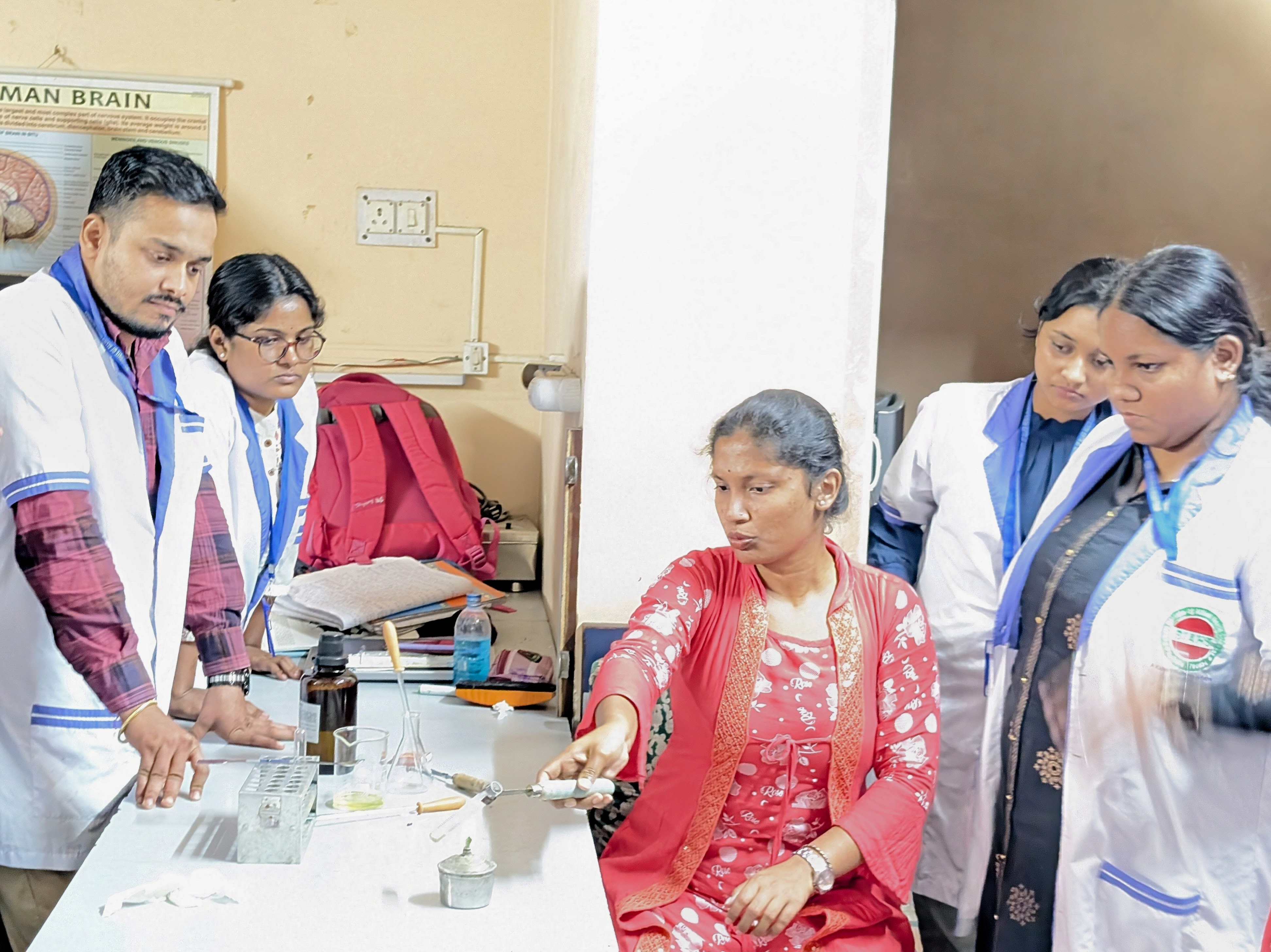Experience Learning from Classroom to Clinic, Be Job - Ready Real Life Training , Real World Skills

State of the Art Infrastucture with Real - Time Hospital & Laboratory Set - up.

Trained by Experienced Doctors & Medical Professionals.

Regular Hands - On Training & Practical Based Classes.

Assured 6 Months Internship at Renowned Hospitals & Nursing Homes .

Affordable Course fees with Easy Monthly Installments

Fun & Engaging Campus Life.





